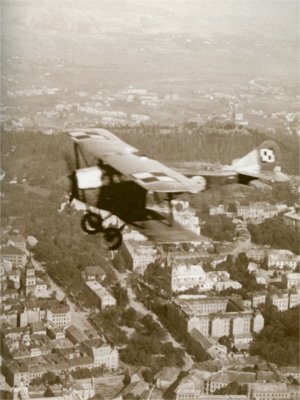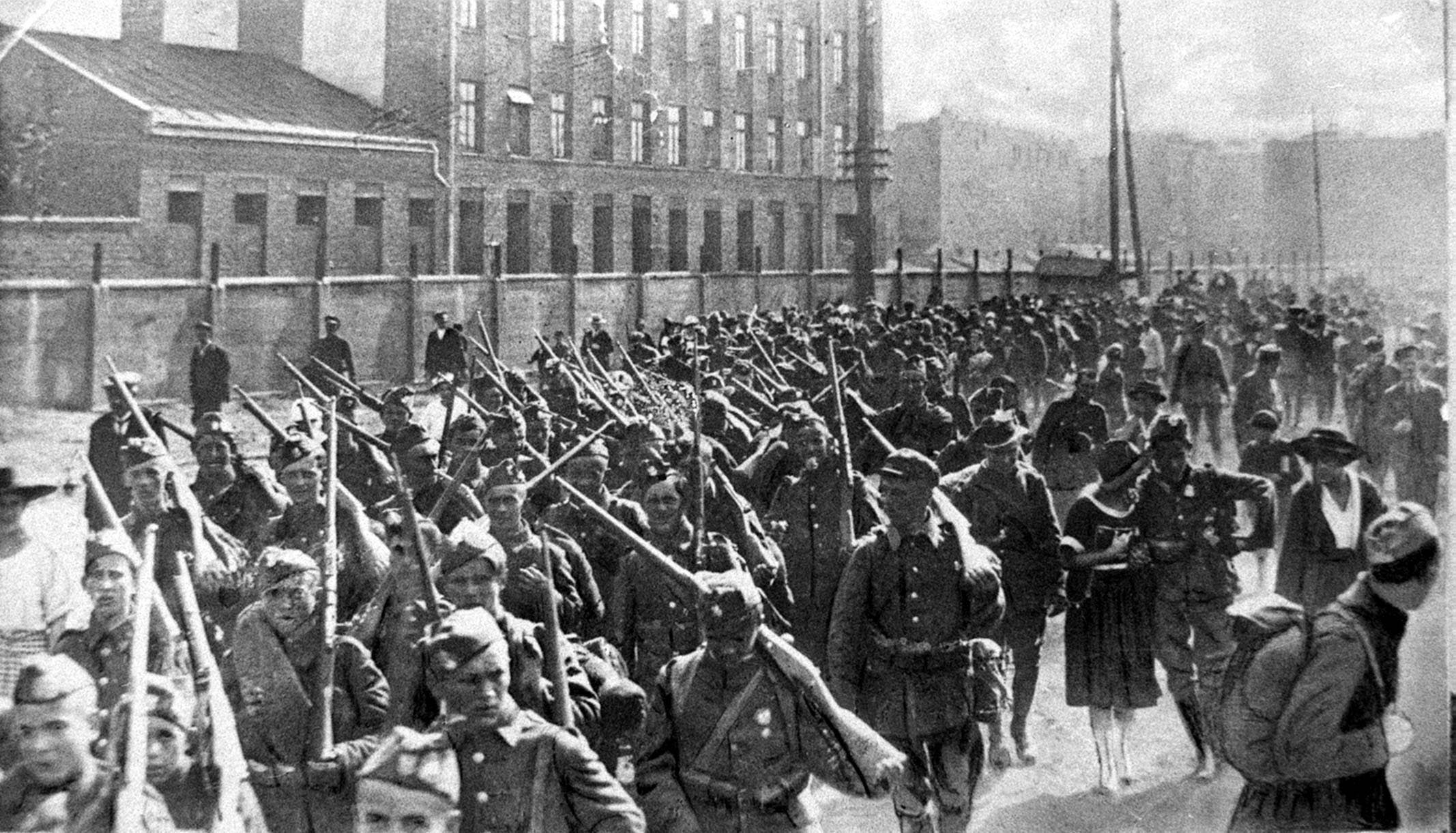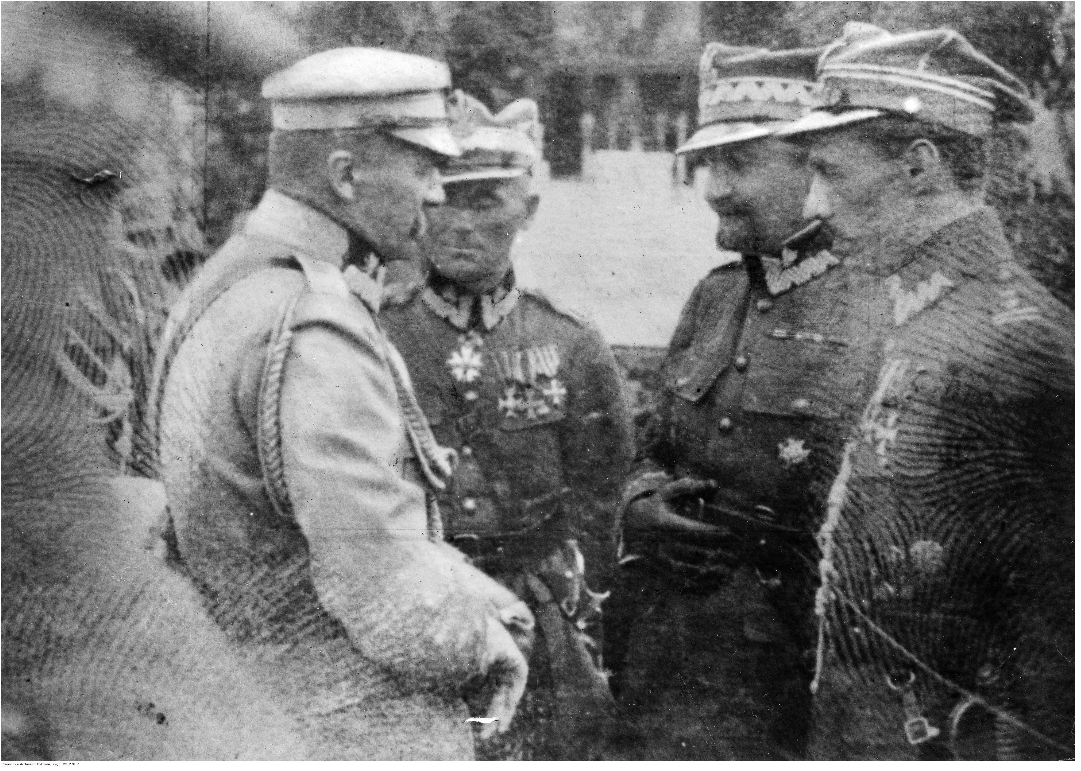Battle of Warsaw, 1920
In the summer of 1920 the Bolshevik counteroffensive was gathering momentum. In that dire situation Józef Piłsudski planned the main battle against the Bolsheviks. In line with that plan, in mid-August 1920 Polish troops commanded by General Józef Haller stopped the main forces of the enemy on the outskirts of Warsaw, for instance, during bloody battles at Radzymin and Ossów. At the same time troops commanded by General Edward Rydz-Śmigły launched an effective counteroffensive from the River Wieprz on the Bolsheviks’ flank. That strike was personally commanded by Józef Piłsudski. The well-planned military operation — based on an intelligence advantage, the extraordinary mobilization of the society, and the soldiers’ sacrifice on the battlefield — resulted in the spectacular victory in the Battle of Warsaw, which became a turning point in the war.



